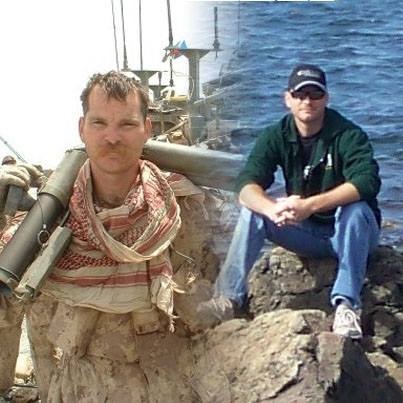Two stories of persevering students at convocation
A mother
Shirley Ewanchuk is graduating this Spring with her Bachelor of Education degree. She had wanted to graduate the same year as her daughter, but Shirley had a late start and so her daughter got her degree a year ahead of her.
Nevertheless, Shirley’s accomplishment is nothing short of remarkable.
“I decided to come back to school after twenty years in the workforce to fulfill my vision of my education,” she says. “I always knew that I wanted to be a teacher as this was my favorite thing to play when I was little girl.”
Shirley is of Anishinaabe/Ukrainian mixed blood from Swan Lake First Nation. Her mother is a Residential School survivor. Despite her personal understanding of the Residential School experience, she understands the importance of education as a pathway to achieving goals and realizing dreams.
“My first teacher―my mother―always encouraged her children and grandchildren to get an education and to go university,” she explains.
Then with a smile, she adds: “Thanks Mom!”
Shirley completed her first degree in human ecology in 1992, then was employed in a number of positions including museum curator, home economics teacher and later as health care consultant to Southern Chiefs Organization in Manitoba.
But recently, she decided to complete her after-degree Bachelor of Education when her daughter decided to become a teacher herself, mirroring her own dream.
“I have been blessed with so much opportunity as a result of my first degree,” she says, “and when you are blessed you must give back to others.”
An outstanding student, Shirley was selected to represent the Faculty of Education at this year’s Student Teacher Recognition Reception, where graduating students pay tribute to grade school teachers and university professors who made a difference in their lives. She recalled how she had been encouraged and supported by educators who saw potential in her as she studied hard to get ahead.
Shirley notes: “It will soon be time for me to help our young people in the schools, and to help them realize their own gifts.”
A soldier
Doug Allen has a goal to “give back” to others as well, but from a quite different perspective. Doug has been a career Infantry soldier since 1995 and currently a Sergeant with the Princess Patricia’s Canadian Light Infantry of the Canadian Forces.
He says: “Upon returning from combat operations in Afghanistan in 2008, I became consumed with helping my fellow soldiers who were suffering from both the physical and mental injuries they had received.”
Doug deliberately gave up his career progression in the Canadian Forces in order to take courses towards a Bachelor of Social Work degree, so that he could gain knowledge and dedicate his life to serving his comrades-in-arms most effectively.
He explains: “With the support of my Battalion, I redesigned the casualty support cell, responsible for approximately 600 soldiers, while taking classes through the University of Manitoba Distance Learning program.”
However, in 2011, Doug’s own experiences in Afghanistan caught up with him after being posted away from his comrades with whom he had fought alongside, and was diagnosed with Post-Traumatic Stress Disorder (PTSD).
He recalls: “While my world crumbled around me, my schooling was the only thing that kept my head above water. It gave me the tools to better understand and accept treatment, and enabled me to heal.”
Doug is currently the Atlantic recruitment and outreach coordinator for the Veterans Transition Network, an organization which provides group work for Military and RCMP personnel who are suffering from Operational Stress Injuries like PTSD. He works as a para-professional and mentor to other graduates of the Veterans Transition Program alongside other veterans.
His research in social work centres on barriers to care within niche populations, such as Military, Law Enforcement and Emergency Services Personnel, and how “attachment cry” (as a behaviour or action used to petition the caregiver or guardian for help) manifests itself within these groups of individuals.
Doug is currently writing a book about his experiences and continues to network with other organizations dedicated to his population of interest. “After serving my country, I see no greater honour than to now serve those who have and continue to sacrifice so much of themselves for the sake of others.”
Error thrown
Object of class WP_Error could not be converted to string







